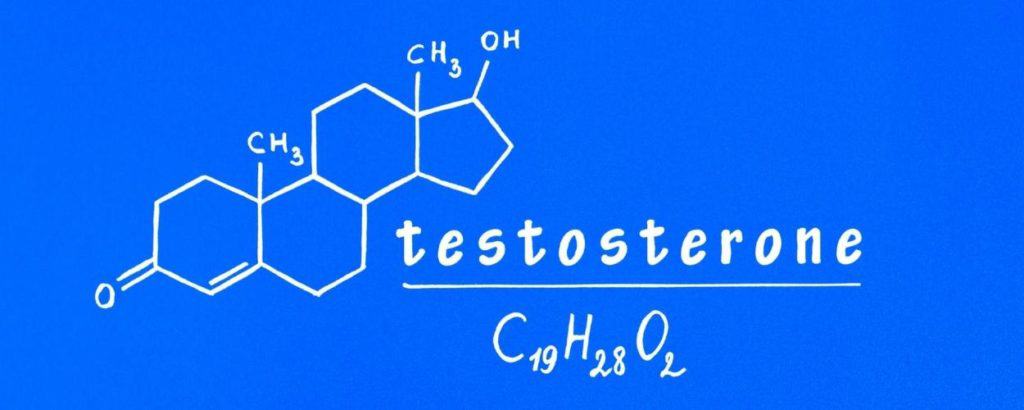The potential long-term effects and implications of testosterone replacement therapy are being studied by experts. The long-term effects of testosterone replacement therapy are complex and broad. They may have both positive and detrimental effects. A number of studies have shown that testosterone replacement therapy can improve bone density, muscle power, and libido. Some studies, however, have shown that testosterone replacement therapy can increase the risk of developing prostate cancer or cardiovascular disease. Although testosterone replacement therapy is well-known, it remains to be understood how long-term effects will last. It is important to continue research in order to better understand the risks and benefits of testosterone replacement therapy so individuals can make informed healthcare decisions.
When examining the cost-effectiveness of testosterone replacement therapy, it is important to consider the long-term benefits and costs associated with this type of treatment. Testosterone replacement therapy is a popular form of hormone replacement therapy. It has been used to treat various medical conditions, including hypogonadism, andropause, and other issues related to low testosterone levels. The potential benefits of testosterone replacement therapy include increased energy levels, improved mood, sexual functioning, and enhanced muscle strength and size. However, it is also important to consider the potential costs associated with testosterone replacement therapy, including the cost of the medication, potential side effects, and potential long-term health risks. While the potential benefits of testosterone replacement therapy may outweigh the costs, it is important to carefully weigh the risks and benefits before beginning any hormone replacement therapy in the long run.





